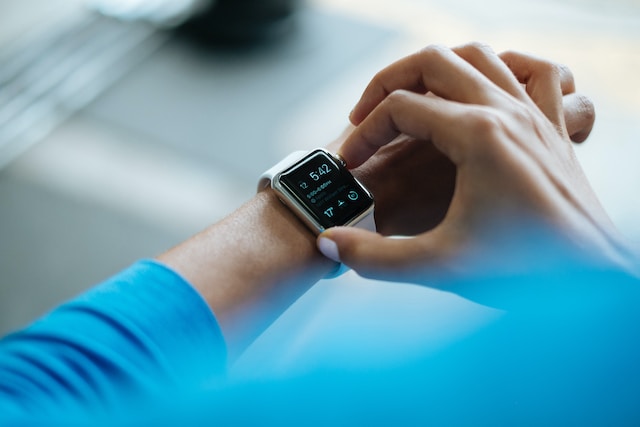How Wearables Can Help to Battle Heart Disease

mHealth solutions, that range from smartphones to smartwatches, can help in the battle against heart disease.
One of the main difficulties with properly treating heart disease is that most of the treatment — especially changes in diet and exercise habits — generally occurs outside of the gates of a healthcare institution. This is where new mobile health solutions could assist to bridge the gap, giving patients a greater awareness of their own health and linking them with clinicians around the clock.
mHealth Tools Help Hearts Stay Healthy
What precisely might wearables provide to the treatment of heart disease? To begin with, these tools may help people in maintaining healthy behaviours. According to a recent study, employing mHealth technologies to improve overall health has a chance to avoid 75 percent of cardiovascular disease, a kind of heart disease.
The authors suggest that “an customised prevention strategy integrating modern network strategies, genetic information, and eHealth technologies will be the key to keeping up CVH from childhood all over the lifespan, with an opportunity to markedly improve CVH.”
This is due to the fact that wearables, like the Fitbit, can offer insight into health follows through measuring exercise. Furthermore, many cellphones currently have the devices required for tracking fitness, such as the accelerometers that track steps, said Greg Marcus, a physician at the University of California, San Francisco.
Taking it a step further, data collected by wearable devices may offer insight into the treatment for many chronic conditions, like heart disease, and eventually assist to induce behavioural changes. This is the conclusion of a recent study conducted by the Healthcare Information and Management Systems Society (HIMSS).
Apple Watch Tracks A-Fib
While using wearables to track and maintain good habits could assist in fighting against heart disease, there are also devices that do even more, like alerting patients and clinicians to potential cardiac issues.
This is the situation with the Apple Watch, whose up-to-date version, Series 4, includes a feature that, in conjunction with an electrocardiogram application, warns wearers to an abnormal heart beat known as atrial fibrillation. According to the Centres for Disease Control, A-fib is a primary cause of stroke, impacting between 2.7 and 6.1 million Americans.
The University of California, San Francisco Health Centre has already begun to explore how wearables could potentially be used in conjunction with an algorithm to detect atrial fibrillation, with positive findings.
The problem is that over 30% of persons with A-fib are aware of their condition. To address this, Apple launched in February 2019 a research partnership with Johnson & Johnson to see if the watch may be used for early detection.



